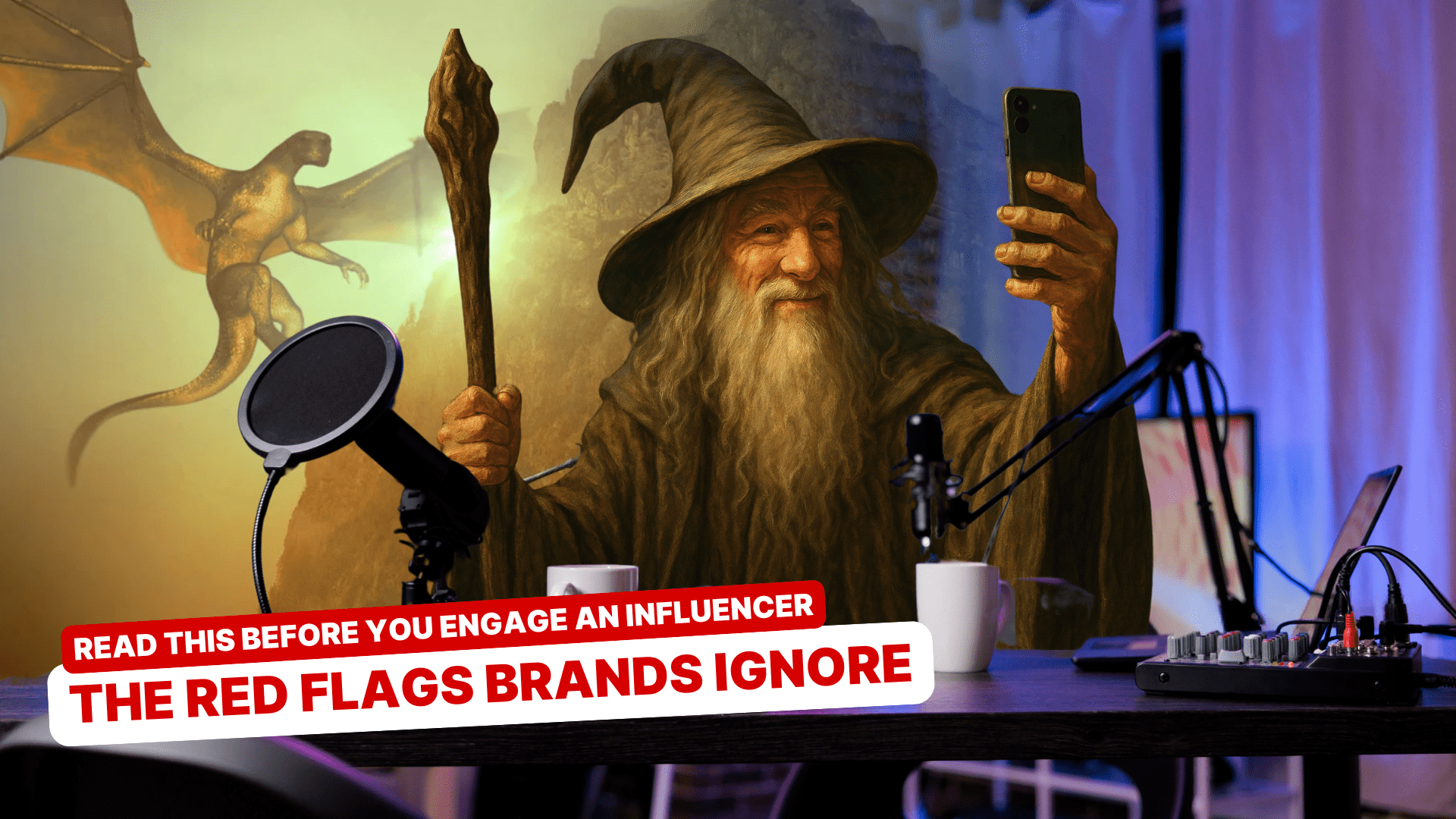
In today’s digital era, influencer marketing has become a vital tool for brands seeking to build awareness and drive sales. Influencers help companies connect with audiences in a more personal, relatable way – often leading to increased engagement and revenue. Traditionally, brands sought partnerships with influencers whose values and target audiences aligned with their own. However, a growing trend shows influencers proactively promoting their own products, moving beyond simply endorsing other brands.
While this strategy can boost an influencer’s income, it also opens the door to potential PR disasters. One such example recently made headlines in Malaysia when an influencer promoted a skincare product containing mercury, a severely toxic substance that is illegal in many applications. As news of the controversy spread, customers demanded accountability, and the influencer ultimately issued refunds. But the damage to the influencer’s credibility and the brand’s reputation had already been done. This incident underscores an important reality: trust can easily be shattered when influencers fail to vet products properly. So, how can brands avoid similar mistakes? And what responsibility do influencers have when endorsing products?
The Power and Pitfalls of Influencer Marketing
Influencer marketing is undeniably effective. A well-placed post from a trusted influencer can send products flying off the shelves. Yet, when things go wrong, the consequences can be severe. We’ve witnessed similar PR disasters in the past: influencers endorsing unverified weight-loss teas, dubious skincare products, or untested supplements. These mistakes not only harm consumers but also risk damaging the influencer’s relationship with their followers
In the case of the recent mercury scandal, the influencer in question failed to conduct proper due diligence before promoting the product. Though they issued refunds, the trust they had built with their followers had been irrevocably harmed, potentially causing long-term health issues to their users. This highlights the critical role influencers play in maintaining consumer trust – they aren’t simply marketing tools. Their endorsements carry significant weight. When things go wrong, their credibility and the brand’s reputation are on the line.
The Influencer’s Responsibility: More Than Just a Paycheck
So, where should the responsibility lie? Should an influencer’s duty end once the transaction is complete, or do they owe it to their audience to resolve any issues that arise, beyond issuing refunds? The answer is clear: influencer marketing is about more than just a paycheck: it comes with a serious ethical responsibility.
Influencers are not just product promoters; they are gatekeepers of trust. Their followers expect them to promote safe, reliable products, whether it’s from a brand they partner with or one they promote independently. In this instance, the influencer’s failure to vet the product thoroughly before endorsement, such as reviewing ingredients or seeking expert advice, was a significant lapse in responsibility. While brands must certainly adhere to regulations, influencers play an equally vital role in safeguarding the integrity of the products they promote.
By doing their due diligence, influencers protect both their audience and their personal brand. Doing proper research on product certifications, verifying ingredient lists, and even consulting professionals are simple but crucial steps to ensure that the products they recommend align with their audience’s values and safety.
The Influencer’s Role in the Consumer Journey
Consumers follow influencers because they want authenticity: a break from corporate advertisements. However, that trust is fragile. Even one serious misstep – such as endorsing unsafe products, can undo years of credibility. When an influencer loses their audience’s trust, it’s not just about lost followers; it’s about losing everything they have worked for.
One important point that Influencers should always remember is that their relationship with their followers is their most valuable asset. As such, maintaining this relationship requires ongoing effort and accountability. Influencers who are transparent about their partnerships, who endorse products they genuinely believe in, and who place ethics over short-term profits are the ones who succeed in the long run.
Lessons Learned: Moving Forward
While influencer controversies happen all the time, it is clear as day that influencer marketing isn’t going away anytime soon.
Ultimately, the question remains: who bears the brunt of the blame when things go wrong – the influencer who failed to vet the product or the brand that knowingly put a harmful product on the market? At the end of the day, influencer marketing is about mutual trust. Brands and influencers alike must act responsibly to preserve the integrity of the industry. Only then can they continue to thrive in this ever-evolving space.